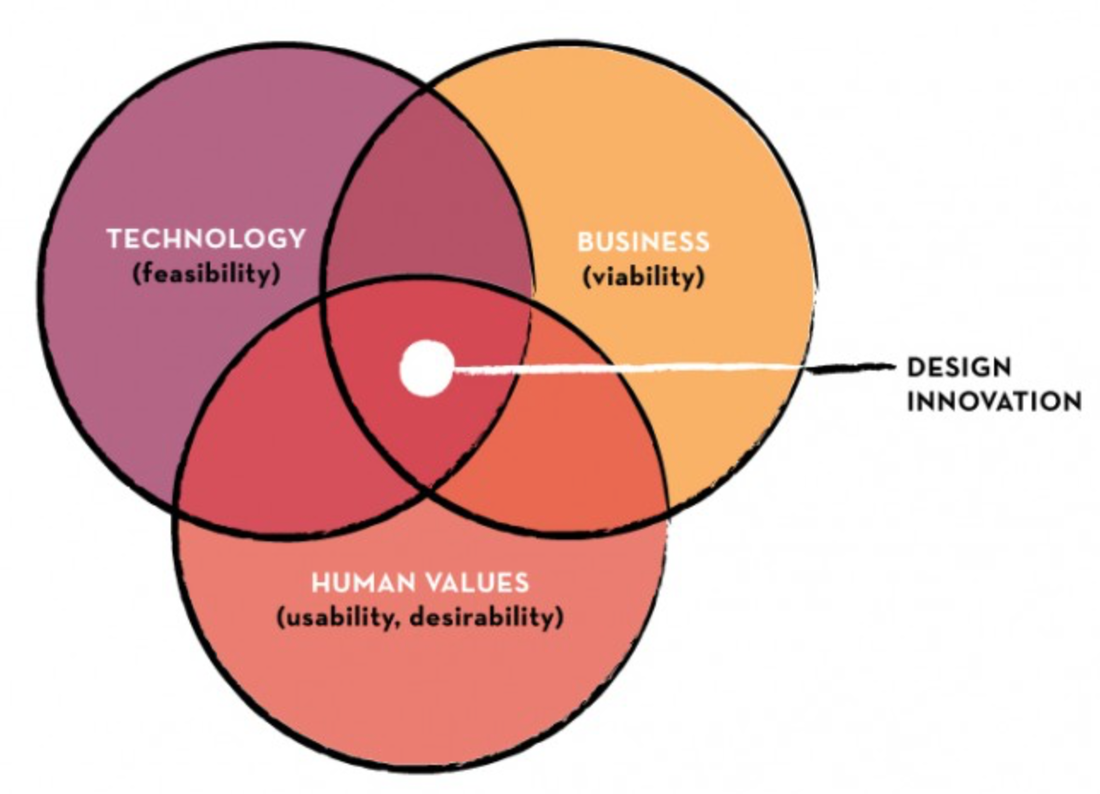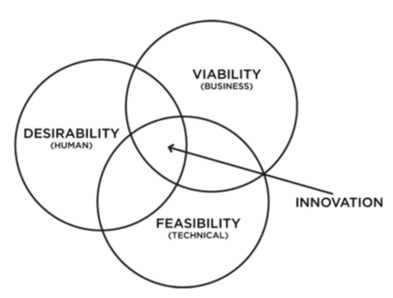My Objectives
There are a number of objectives that drive this educational pursuit. I am intrigued by
These objectives have evolved from the time that I enrolled in the first MOOC out of curiosity - Udacity's CS 101 - Building a Search Engine which launched in February 2012 although Stanford did run three MOOC forerunners in the fall of 2011. Note how the CS 101 course title tells the student why one might take this course despite it being an introduction to computer science and programming using Python.
I believe that a balanced university study requires two threads of equal focus, not a major and minor, and supported by foundational threads. My personal implementation is as follows:
Important Update
- education that is balanced between technology/ engineering/ science and business/ economic studies and supported by general studies and integrative studies,
- multi-disciplinary, inter-disciplinary and trans-disciplinary studies as defined by Basarab Nicolescu
- the traditional European Diplom, Diplom (Univ) and the Diplom-Ingenieur credential which requires more than 4 years of study,
- how technology will impact the economics, quality, and nature of education - note that Udacity, edX, and Coursera are each headed by former artificial intelligence computer science professors,
- the difference between education and credentialing,
- how the same nominal topic is taught by different professors at different universities,
- the courses considered to be leading edge or distinctive by leading universities worldwide,
- how the state of knowledge has changed in most disciplines since I graduated from college in the 1970s, and
- by the concept of innovation supported by data, models, and processes embodied by modeling thinking and design thinking providing an objective for higher education.
These objectives have evolved from the time that I enrolled in the first MOOC out of curiosity - Udacity's CS 101 - Building a Search Engine which launched in February 2012 although Stanford did run three MOOC forerunners in the fall of 2011. Note how the CS 101 course title tells the student why one might take this course despite it being an introduction to computer science and programming using Python.
I believe that a balanced university study requires two threads of equal focus, not a major and minor, and supported by foundational threads. My personal implementation is as follows:
- Technology/ Science/ Engineering: I focus on computational science and data science, not computer science. ( I already have a BS, MS, and PhD in engineering. )
- Business / Economics: I focus on management of innovation and information based decision methods using models that lead to economic and sociological insights and connect to the world of technology (I already have an MBA and M Finance. )
- General Studies: Objectives include both a broad range of topics as well as an understanding of human values and human sciences to especially prepare for the 'human centered design' and the 'human based models' aspect of my innovation pursuit. See the Stanford Design School concept diagram below.
- Integrative Studies: Explore perspectives and methods that integrate two or more disciplines, focus on models, systems, complexity, and design - or model thinking and design thinking - concepts developed at the University of Michigan and IDEO/ Stanford, respectively. Statistics, complexity, network science, and game theory courses are central to Model Thinking.
- This 'diploma' should require about 5 years of study and will be self-proclaimed perhaps by a full page ad in a local newspaper as well as via this website and LinkedIn.
- The diploma will require at least 100 courses and 800 weeks of instruction equally divided across the four threads
- The total number of weeks in each thread will be tracked to assure balance
- The total number of courses and weeks will exceed those included in a bachelors degree.
- The average grade in each thread must exceed 85%
- Courses may be re-categorized between threads upon reflection
- The specifics of my program of study will not exactly meet the needs for any other student, but I do propose this structure as a standard
- These four themes can be adopted to a wide variety of studies e.g., a dual focus on chemistry and economics supported by human and integrative studies.
- Courses must be serious college level courses currently limited to Udacity, Coursera, edX, Santa Fe Institute, Stanford On-Line and maybe Iversity and FutureLearn.
- Data Camp courses in data science have been aded to the eligible courses. Two DataCamp courses are set equal to one course in the innovation curriculum even though the hours for each course similar.
- I have been doing Udemy courses also, but are not currently contributing to this innovation endeavor.
- Courses must offer certificates of completion
- My plan of study will be updated as new courses are introduced.
- Geographic and cultural diversity of universities and faculty is strongly considered for course selection (see my Map page)
Important Update
- As of early 2016 my professional focus has been shifted to data science. As a result, I have shifted my MOOC studies accordingly. Over time, I'll endeavor rebalance between the 4 threads, but regret that I have fallen behind in General Studies.


